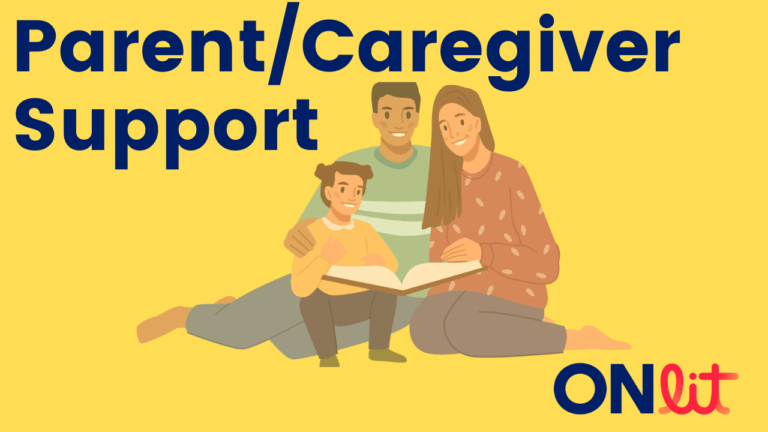Structured Literacy Approaches to Teaching Written Expression
This article highlights practical activities to support structured instruction of writing, including word-, sentence-, and paragraph-level techniques.

This article highlights practical activities to support structured instruction of writing, including word-, sentence-, and paragraph-level techniques.

This is a fabulous collection of cursive writing resources created by the OCDSB Occupational Therapists and Learning Support Services Department. It includes a document with background knowledge of why cursive is important (including research and curriculum links), a slide deck with animated demonstrations of letter formation, and practice sheets for each letter. Note that…

This visible thinking routine developed by Harvard Project Zero uses observations, inferences, and questions to develop vocabulary and background knowledge, and foster conversations among students.
In this article, the authors present some considerations for abandoning decontextualized strategy instruction and instead provide some ideas for how to shape comprehension instruction around the texts we use in the classroom. They offer some guiding theories, some key considerations, and they present examples for classroom teachers.

The Ontario Human Rights Commission’s Right to Read inquiry concluded that running records and reading level assessments have not been effective in identifying students who need additional support or in providing teachers with accurate information to guide instruction. We now know that there are more effective ways to understand student reading skills and ensure that…

Far too often, students who struggle with reading and language are given simplified, uninteresting texts. These texts are judged to be “at-the-students’ language or reading level” but deny students access to rich, interesting, age-appropriate text. This guidance document outlines some ideas for fostering conversations around “juicy sentences,” where students learn to deconstruct and reconstruct sentences,…

In the webinar, Margie Gillis and Nancy Eberhardt explored the effective use of syntax in teaching reading and writing. The webinar highlighted the role syntax plays in enhancing language and literacy. Gillis and Eberhardt highlight a “function-first” approach to teaching syntax, a key element of the Ontario Language curriculum. Specific instructional activities to teach syntax…

In this one-hour webinar, author and educator Joan Sedita explains the Writing Rope, a framework that integrates key elements of evidence-based writing instruction. The model includes critical thinking, syntax, text structure, writing craft, and transcription.

It can be challenging to navigate the many subtests that can be used in universal screening! Skilled reading involves the integration of many subskills. This chart can be used to identify the most pressing need for instruction. For older students – start at the top and work your way down to find the lowest barrier…

With a new curriculum, there are lots of new terms for both educators and families to navigate. This glossary contains high-level explanations for many terms used in the Language curriculum, with the goal of supporting partnerships with school and home.

The Syntax Project is an open-source collection of grammar and syntax lessons created by a group of Australian teachers. Melinda Hinch, SLP in Greater Essex County DSB, has adapted the slides to incorporate Canadian content and aligned them with the B3 Language Conventions Continuum. Note that this resource is a Google Drive folder set to…

This book is a fantastic resource aligning closely with much of the new Ontario Language Curriculum and reinforcing how assessment can inform our instruction and interventions in order to best help students succeed in literacy. It’s valuable learning for classroom educators, those working in coaching/consulting roles and those in special education. While targeting skills typically…